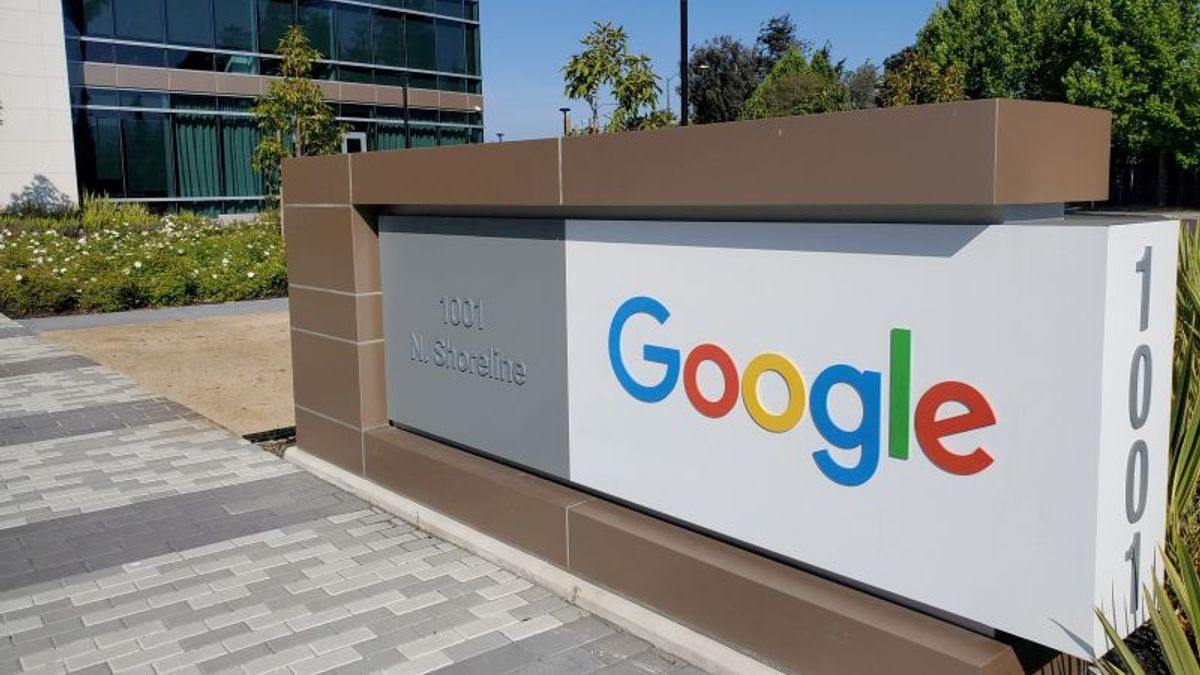JAKARTA - Google recently acquired a start-up or startup that focuses on developing microLED panel displays for applications in Augmented Reality (AR) and Virtual Reality (VR). This was reported by Antara.
It seems that the tech giant still hasn't given up on the idea of smart glasses connected to the virtual space, so it acquired Raxium with the excuse of encouraging development and the latest technology.
Citing GSM Arena, Saturday, Google in 2020 also acquired a start-up company specifically for making AR glasses called North.
Its recent acquisition of Raxium shows Google hasn't given up on mixed reality development yet.
The cost of acquiring Raxium has not been disclosed, but in previous reports it was estimated that Google would cost $1 billion.
MicroLED panels are similar to OLEDs in that they don't use a backlight, instead each pixel emits its own light.
The difference with OLED is that the materials used in microLED panels promise to be brighter, more energy efficient and to correct longevity problems (such as burn-in).
However, making microLEDs is not easy and making them special devices to be used like glasses is a big challenge.
That's because the screen is small and light so the developer needs to fill most of your field of view.
Raxium claims to have achieved pixels as small as 3.5 m, much smaller than regular OLED pixels.
Raxium has not yet mass-produced its devices, so if it could be developed, this technology might be the best for now.
However, Google is indeed competing with other technology companies such as Apple and Meta has also acquired startups engaged in AR glasses.
Smart glasses are considered to have the potential to replace smartphones as a way for most users to interact with the digital world, but so far this concept has not materialized due to its challenging development. That's what Google is after.
The English, Chinese, Japanese, Arabic, and French versions are automatically generated by the AI. So there may still be inaccuracies in translating, please always see Indonesian as our main language. (system supported by DigitalSiber.id)












